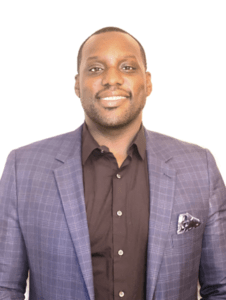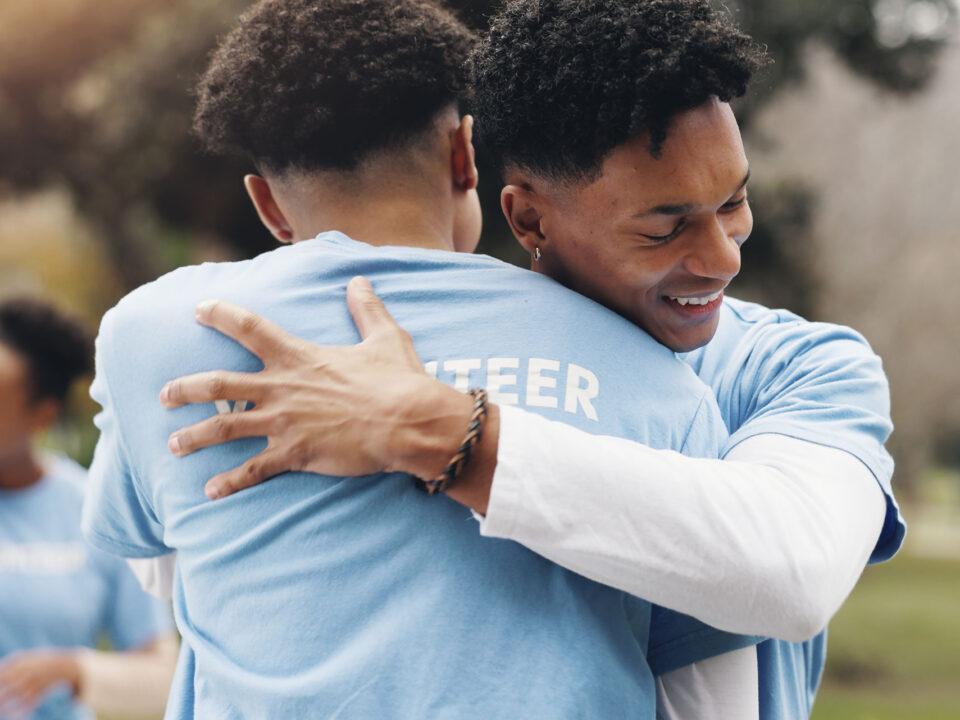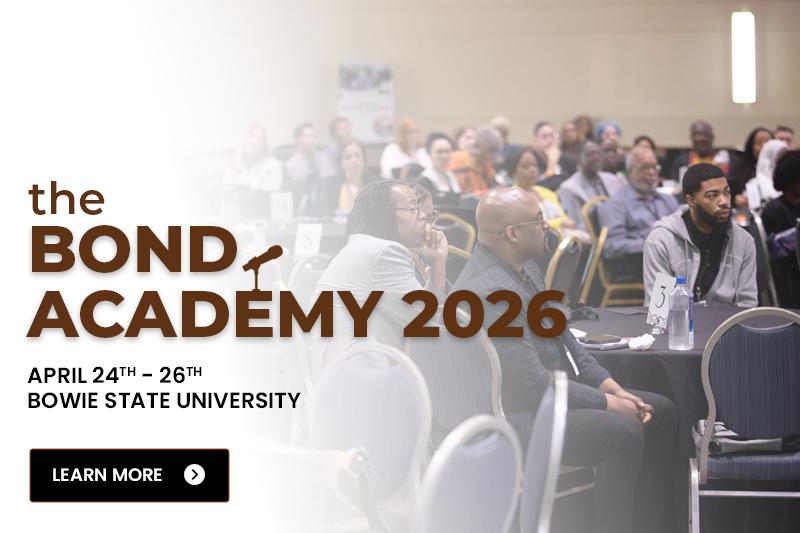
Gratitude, Growth, and Going to Get It
September 25, 2025
The Power of Story — Why Your Voice Matters
October 9, 2025by Lewis Ponzo
My Story Begins with Loss
My journey into this work started with tragedy. I lost my father when I was just twelve years old. That loss left me feeling abandoned, questioning my worth, and searching for answers. I could not understand how he could choose substances over me. For years, I carried that pain, but I also carried a determination that no other child should feel the same emptiness I felt.
Later in life, I faced another devastating loss when my brother James, known to many as Jet, passed away due to factors connected to substance abuse. He was one of the closest people in my life, and his passing reignited my fire to address these issues head-on. I decided that while my father and my brother’s lives ended too soon, I would choose to live every day with purpose and work to create a different outcome for others.
Out of my family’s pain grew a mission. I became a recovery ally. I have never been in treatment, but I stand as an ally because I know what it feels like to lose. Through this calling, I dedicate my life to being part of the solution so that others can live, thrive, and be present for their children and families.
Breaking Stigma in Our Communities
One of the greatest challenges in addressing both substance misuse and mental health is stigma. In many communities of color, stigma creates barriers to help. I remember how my brother Jet would say that he could not trust anyone. That mistrust kept him from reaching for the support he needed. I saw the same thing in my own life, where the idea of asking for help felt like weakness.
The messages I received as a boy shaped that thinking. I was told to be a provider, a protector, and a pastor over my family. None of those words said weakness. Yet through time, faith, and learning, I discovered that seeking help is strength. Admitting pain and surrendering to support is victory, not defeat.
Stigma and systemic inequities—such as lack of resources, transportation, and culturally competent care—continue to keep many people from accessing help. Breaking stigma means speaking truth, telling stories, and creating safe spaces where people can acknowledge struggle without shame.
Strategies That Matter
Over the years, I have leaned on two key strategies: community engagement and storytelling. Community engagement means meeting people where they are, whether in schools, churches, or neighborhood events. It means using language and examples that connect with the lives of the people in front of us.
Storytelling means offering your own truth so that others feel encouraged to share theirs. When I tell my story of losing my father and my brother, it opens a door for others. They realize they are not alone, and they find courage to speak about their own battles. Through those honest conversations, healing can begin.
Every story matters. Every dialogue creates a bridge. Education combined with storytelling has the power to break down walls and inspire real change.
Building Trust with Communities
Every community is unique. That means we must listen before we act. Some communities face opioid use as the primary challenge. Others deal more with alcohol or different substances. Each context has cultural nuances that shape attitudes and behaviors. To be effective, we must adapt.
That is why I emphasize readiness assessments and listening sessions. Communities must be equipped to handle their own challenges in sustainable ways. When prevention and promotion efforts come only from outside and then disappear, they leave gaps behind. True partnership means helping communities build capacity to respond long after outside support steps away.
Authentic engagement builds trust, and trust leads to change that lasts. Programs succeed when they feel like they are built for us, by us.
Partnerships That Multiply Impact
Partnerships are essential. Schools, local organizations, and government entities all play roles in prevention and promotion. Schools often notice the first warning signs because children spend so much time there. Local organizations bring cultural understanding and credibility. Government entities bring resources and policy support that allow us to scale efforts.
Each partner has a role, but together they create a network of support that no single organization could achieve alone. By working together, we can move upstream, preventing young people from falling into crisis before it happens.
Partnership is a reminder that healing and prevention require the entire village—schools, churches, families, policy makers, and communities, all moving in the same direction.
The Voices of Youth
Young people must be part of the process. They can see through anything inauthentic. They can tell when adults are only checking boxes. To engage youth, we must be real, relatable, and willing to listen.
In Georgia, we support Youth Action Teams that give students the chance to lead and provide input before programs or messaging go public. Their voices shape what we share, ensuring it resonates with their peers. Whether through social media, workshops, or peer-led discussions, youth must hold ownership in this work. When youth take ownership, they believe in the process. That belief turns into leadership, and leadership turns into lasting impact.
Choosing to Live
If I could change one thing about how society approaches substance use and mental health, it would be to end the stigma once and for all. Stigma keeps people silent. Silence keeps people suffering. Education, storytelling, and authentic dialogue are the keys to breaking that cycle.
I tell people often: you must choose what to feed. You can feed your spirit or you can feed your flesh. Whatever you feed will grow and manifest. I choose to feed my spirit, to live in purpose, and to remind others that they can make the same choice.
Transforming Loss into Legacy
This work is challenging, but it is sacred. I carry the memory of my father and my brother every day, and I live with determination to be present for my children. My advice is simple: stay grounded in your why. Let your purpose guide you through the storms.






